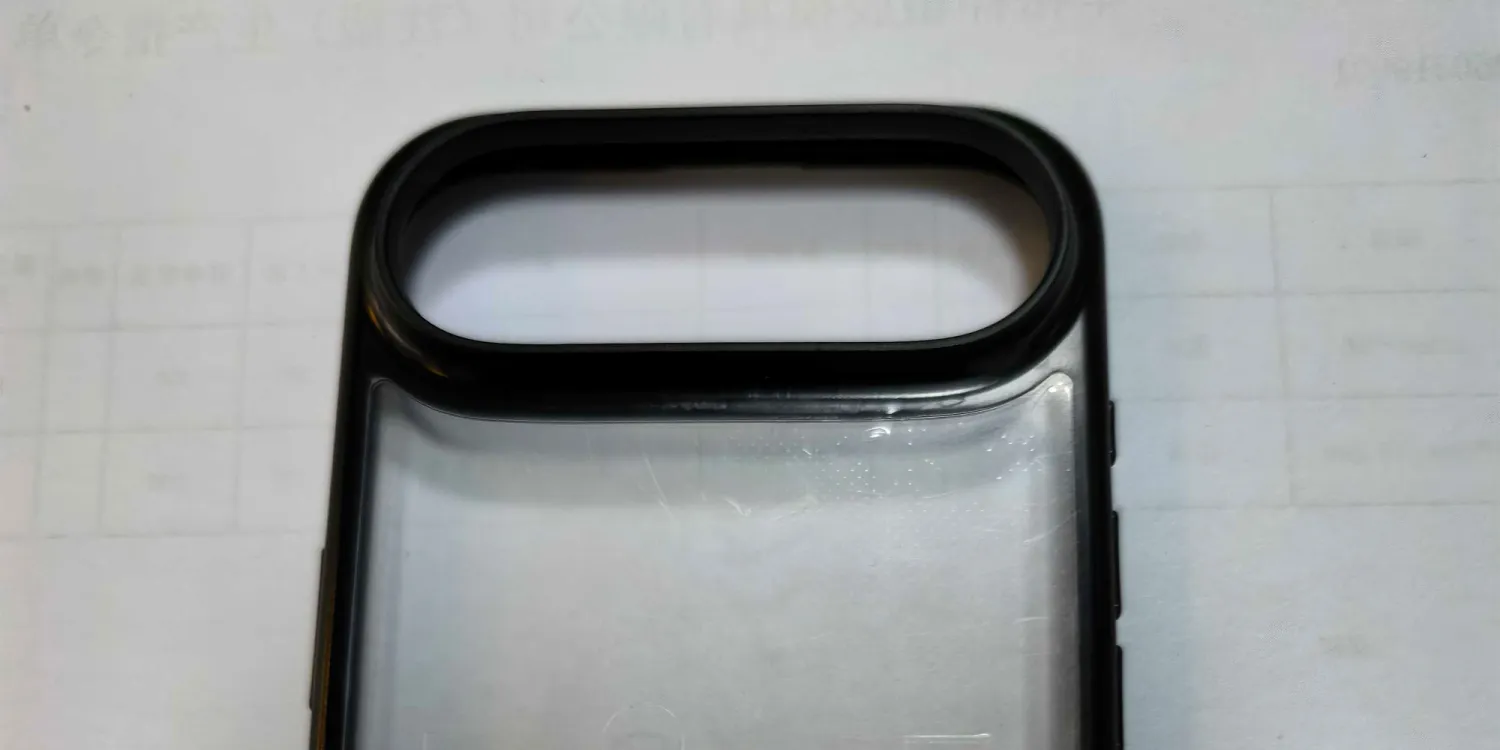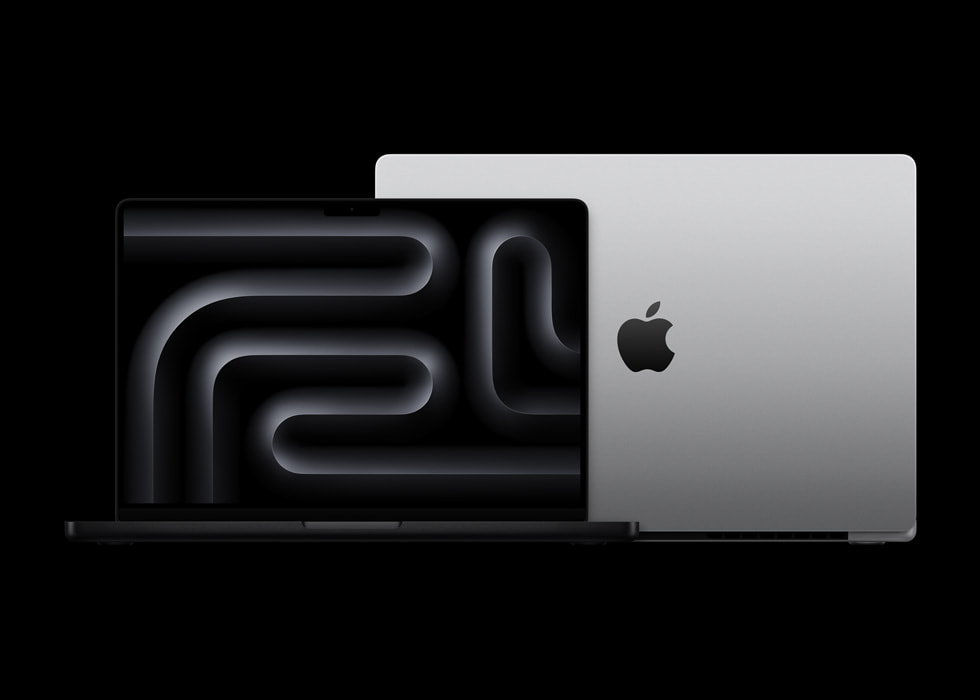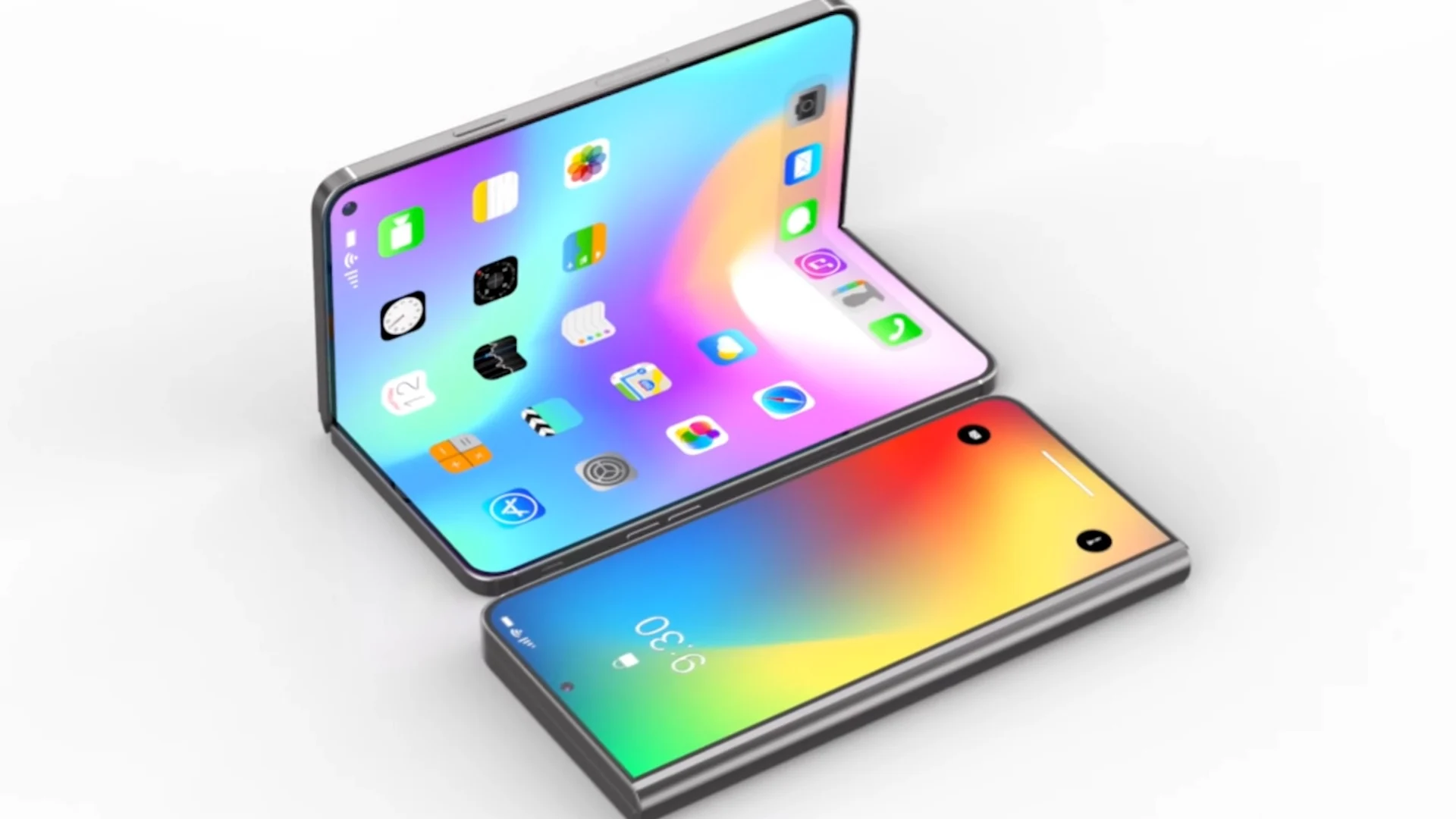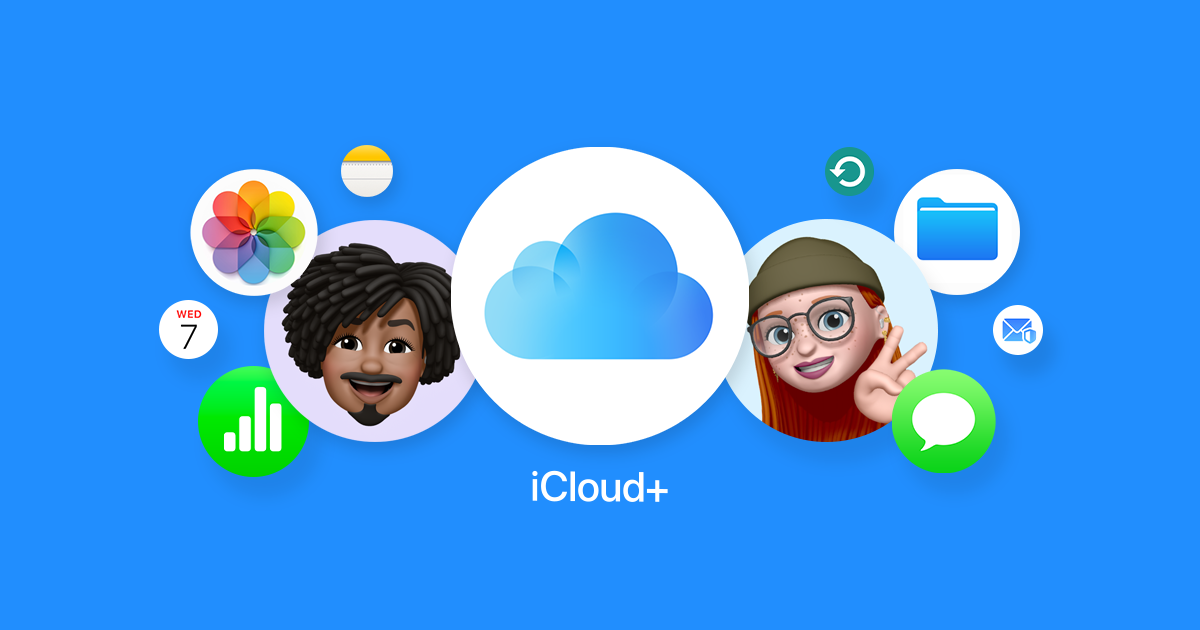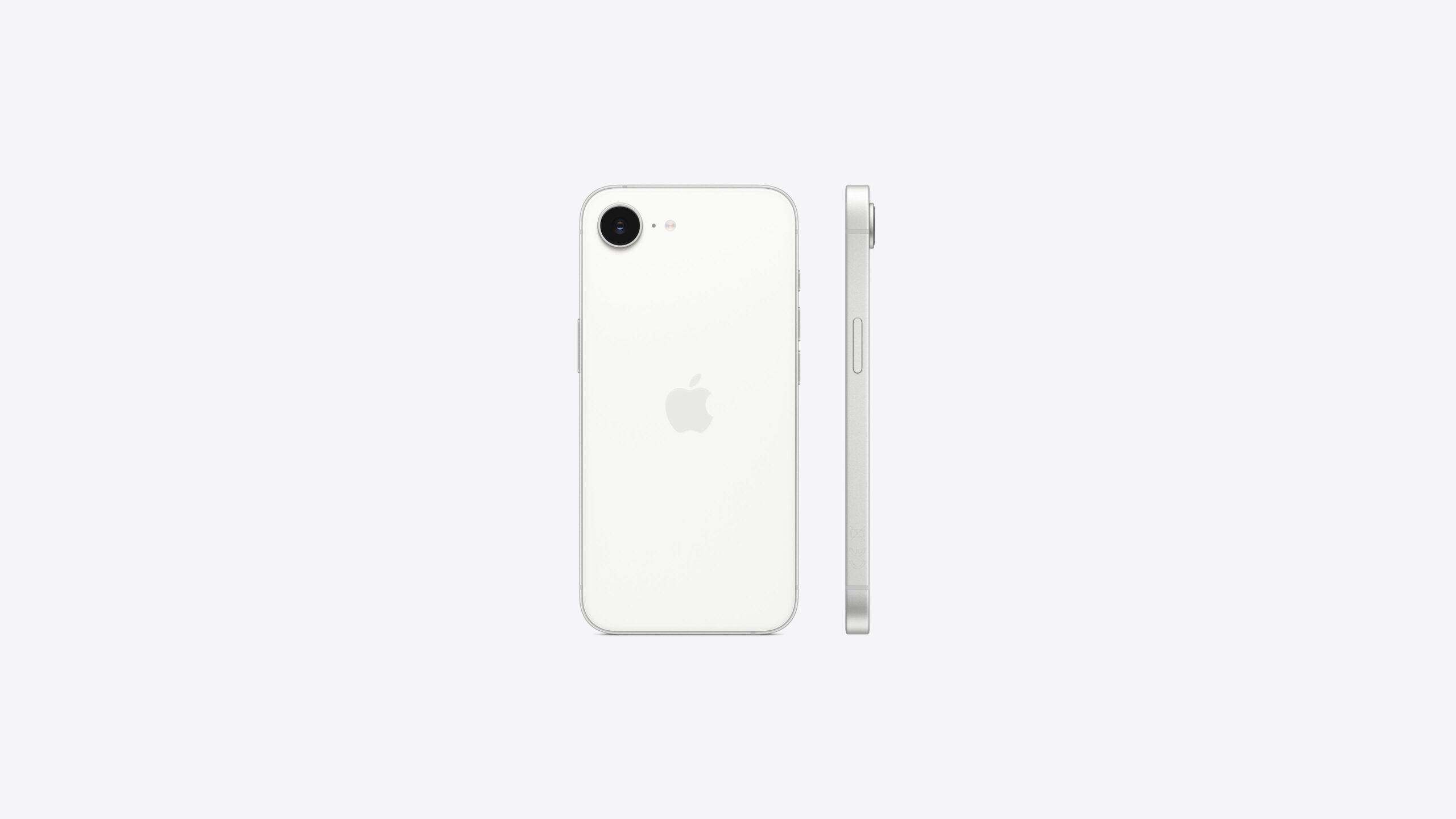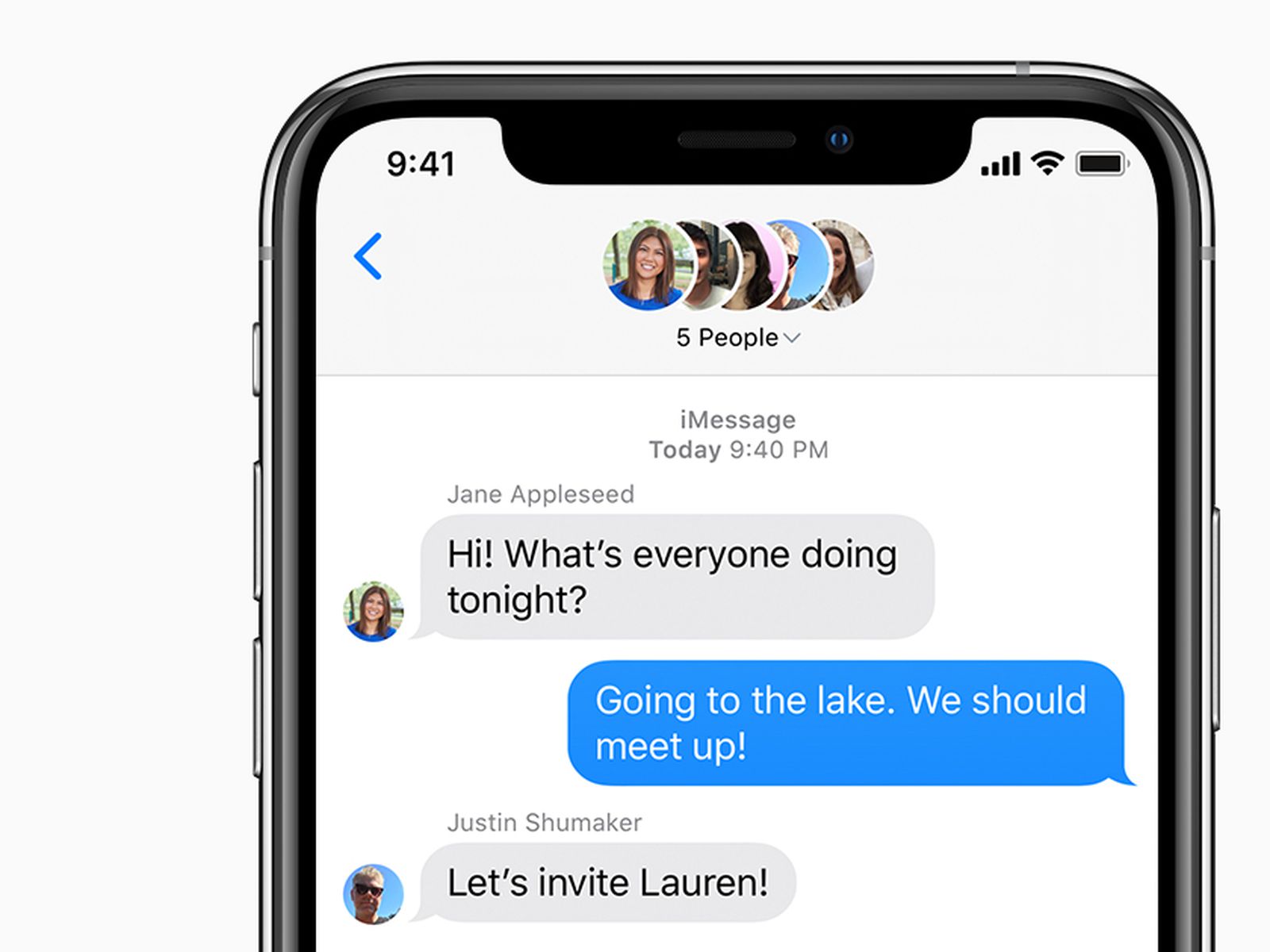Apple fans are buzzing with excitement as early versions of the iPhone 17 have popped up online. These dummy units, which aren’t working phones but give a sneak peek at the design, reveal a cool mix of metal and glass parts. Shared by a trusted source on X, the images hint at what’s coming when the iPhone 17 launches later this year.
The dummy models suggest Apple is sticking with its classic look but adding some fresh twists. The sides appear to be made of strong metal, likely aluminum or stainless steel, giving the phone a sturdy and premium feel. Meanwhile, the back is a smooth glass surface, which not only looks sleek but might also support wireless charging. This combo of materials keeps the phone stylish and practical.
One big thing that stands out is how the metal frame and glass back seem to blend perfectly. The design looks clean and modern, with no rough edges. Some people think this could mean better durability, though glass backs can still crack if dropped. It’s a trade-off for that shiny, high-end vibe Apple loves.
These early models also show off different sizes, hinting that the iPhone 17 lineup might include options for everyone—whether you like a smaller phone or a bigger one. Camera bumps are visible too, suggesting Apple’s keeping its focus on top-notch photography.
Of course, these are just dummy units, so things could change before the official release. Apple might tweak the design or materials based on testing and feedback. Still, the leaked images have sparked tons of chatter online, with fans guessing what else the iPhone 17 will bring. Will it have new colors? Better battery life? Only time will tell.
For now, these glimpses of the iPhone 17’s metal-and-glass style have people excited. It’s a sign Apple’s cooking up something fresh yet familiar. Stay tuned for more updates as the launch gets closer!

